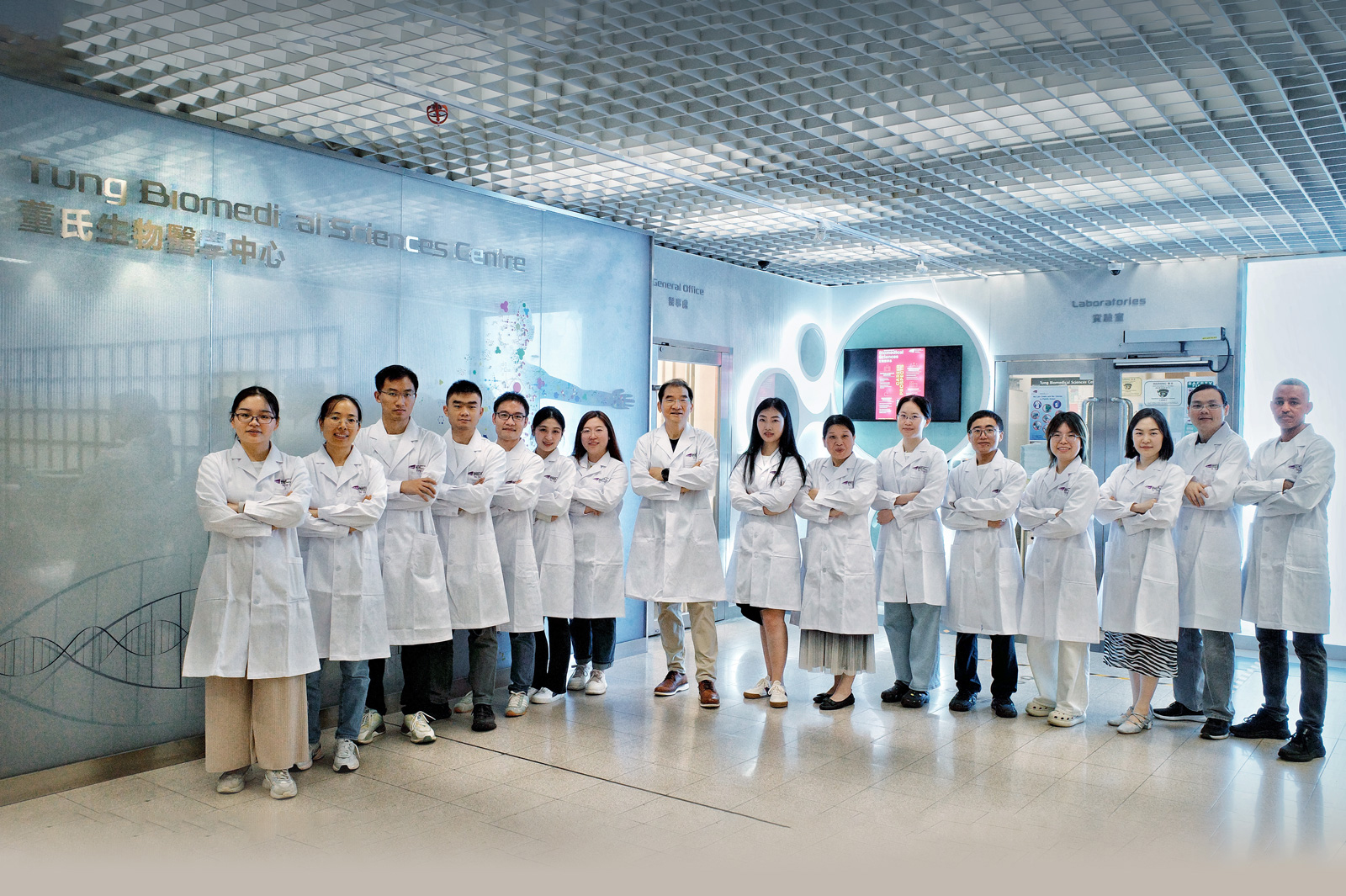
CityUHK Unveils New Bio-detection for Early Cancer Screening
Cancer continues to be a leading cause of mortality worldwide, highlighting the urgent need to develop more advanced, efficient, and early detection methods. Addressing this critical need, City University of Hong Kong (CityUHK) is leading a groundbreaking research project aimed at developing an innovative technology platform for early detection of cancer and personalised treatment. The project aims specifically to enhance the detection of circulating tumor cells (CTCs), paving the way for significant advancements in cancer diagnosis and care. This is one of the first batch of projects that has secured funding by the HKSAR Government’s RAISe+ Scheme (the Research, Academic and Industry Sectors One-plus Scheme).
The RAISe+ Scheme is a government scheme launched in October 2023, with a funding allocation of HK$10 billion, which aims to accelerate the transformation of R&D outcomes from “1 to N”, and facilitate relevant collaboration among the government, industries, universities, and research sectors. It provides funding for the transformation and commercialisation of R&D outcomes from local universities on a matching basis (up to HK$100 million per project).
The awarded project, titled “Microfluidics-Based Detection Platform for Circulating Tumor Cells and Its Applications in Cancer Early Screening and Disease Monitoring”, is led by Professor Michael Yang Mengsu, Senior Vice-President (Innovation and Enterprise) and Yeung Kin Man Chair Professor of Biomedical Sciences at CityUHK. It aims to develop a next-generation CTC detection platform with enhanced sensitivity and specificity to fulfil clinical needs in cancer early screening, diagnosis and treatment.
Circulating Tumor Cell Testing: Empowering personalised cancer treatment
“Circulating tumor cells (CTC) are tumor cells that circulate in the blood after sloughing off the primary tumor. They carry molecular genetic and cellular information related to the primary tumor,” explained Professor Yang. “Precision diagnosis and comprehensive analysis of CTCs through multi-omics technologies are crucial for cancer early screening, disease monitoring, as well as the development of cell therapies and mRNA vaccines for specific targets and antigens, further supporting the personalised cancer treatment.”
His research team has been focusing on developing biochips and nanotechnology for molecular diagnostics and therapeutics. They have successfully transformed multiple research achievements and co-founded several biotech companies based on CityUHK’s patented technologies, benefiting millions of patients. In 2024, Professor Yang has been elected Fellow of the National Academy of Inventors in recognition of his significant contributions to innovation, societal welfare, and economic development.
Collaboration between Government, Industry, and Academia drives research transformation
With the support of the RAISe+ funding, and in partnership with Cellomics, the team will focus on designing and developing a new platform that will combine microfluidic chip technology with immune-microparticle isolation strategies to efficiently and sensitively screen CTC based on their physical and biological characteristics. “The challenges of CTC detection lie in the low number of CTCs in blood samples, complexity of CTCs and the blood matrix, which requires efficient and specific techniques for their enrichment and characterisation, and to expand CTC-based cultures for further extensive analysis, further to paving the way for personalised cancer vaccines and cell-based treatments,” explained Professor Yang.
Aiming for commercialisation within two years
Professor Yang and his team will develop next-generation microfluidics-based CTC detection technology, to further enhance the efficiency and sensitivity of cancer early screening and disease monitoring.
CTC can provide valuable information for various clinical applications in tumor detection and treatment, including early screening, diagnostics, treatment selection and efficacy assessment. Owing to limitations in detection technology, however, the full potential of CTCs for cancer disease monitoring and early detection remains to be fully demonstrated. Professor Yang and his research team have founded a biotech company – “Cellomics”, which commercialised the technologies developed in CityUHK into a CTC detection product that has been adopted by more than 50 hospitals in Mainland China.
http://www.jvrhmfr.xyz/media/news/2025/03/10/cityuhk-researchers-develop-innovative-bio-detection-platform-cancer-early-screening-and-disease-monitoring
View Original | AusPol.co Disclaimer


